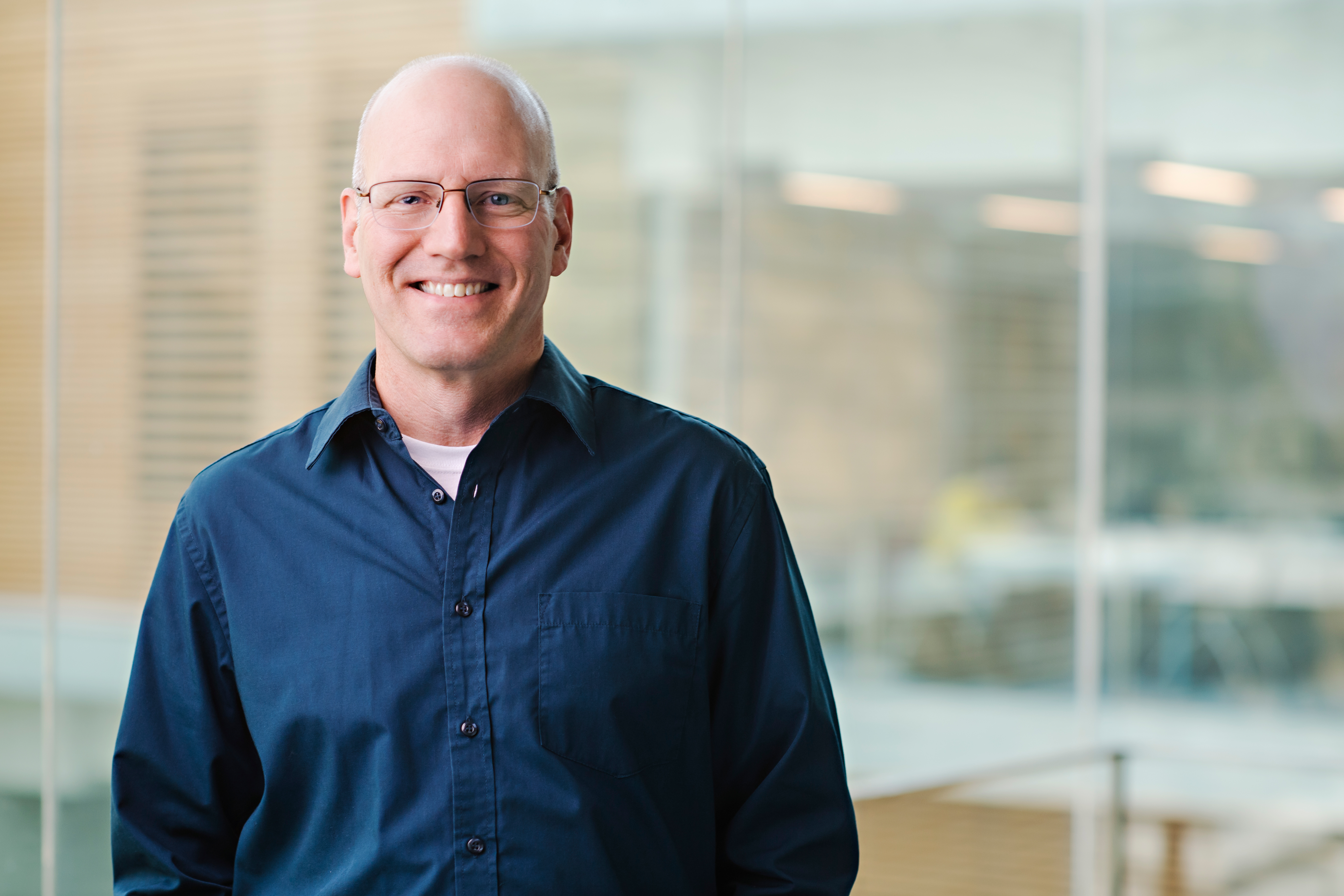Music Therapy Theory & Research
Course Number: MU453
Subject: Music, Music Therapy
Peer reviewed journals
In Omni you can limit your search to "Peer-reviewed journals." "Refereed" and "peer reviewed" are synonyms. Peer reviewed journals contain various types of articles, some of which in not peer-reviewed.
Original research
Mitchell, E. (2019). Community music therapy and participatory performance: Case study of a coffee house. Voices: A World Forum for Music Therapy, 19(1). https://doi.org/10.15845/voices.v19i1.2701
Review article
Alvarenga, W., Leite, A., Oliveira, M., Nascimento, L., Silva-Rodrigues, F., Nunes, M., & Carvalho, E. (2017). The Effect of Music on the Spirituality of Patients: A Systematic Review. Journal of Holistic Nursing, 36(2), 192–204. https://doi.org/10.1177/0898010117710855
Clinical case study / Clinical trial
Dahms, R., Eicher, C., Haesner, M., & Mueller-Werdan, U. (2021). Influence of Music Therapy and Music-Based Interventions on Dementia: A Pilot Study. The Journal of Music Therapy, 58(3), e12–e36. https://doi.org/10.1093/jmt/thab005
Perspective, opinion, and commentary
Nicolau, M. G. (2024). When (if) to stop?: Music therapy with persons living with severe dementia - Reflections on years of care and connection. Nordic Journal of Music Therapy, 33(5), 442–454. https://doi.org/10.1080/08098131.2024.2369053
Book review
Ravaglioli, R. (2023). The Music Therapy Assessment Manual: A Guide to Data-Based Decision Making. Journal of Music Therapy, 60(2), e1–e6. Oxford University Press. https://doi.org/10.1093/jmt/thad009
Generative AI
Evaluating sources
Open access journals
- Open Access is free online availability and usage right of research articles
- Open Access publishing typically involves the author paying an article processing charge (APC)
- APC's can be built into grant applications
- See the Library's Scholarly Communication page for more information
Predatory Journals
How do I know if a journal is reputable?
- Determine if it is indexed in a topically relevant database, such as APA PsycInfo, CINAHL, or RILM
- Locate the title in Ulrichsweb: Global Serials Directory
Music Therapy Journals
It is helpful to know about the prominent music therapy journals (Edwards, 2016, p. 711) if you want to stay on top of current research in this field. While you can browse and search these journals, all of these titles are indexed in RILM where a more efficient search on a topic can be completed.
- Approaches: an Interdisciplinary journal of Music Therapy
- Australian Journal of Music Therapy
- British Journal of Music Therapy
- Canadian Journal of Music Therapy
- Journal of Music Therapy
- Music Therapy Perspectives
- Music Therapy Today
- New Zealand Journal of Music Therapy
- Nordic Journal of Music Therapy
- Qualitative Inquiries in Music Therapy
- Voices: a World Forum for Music Therapy
Related Journals
Database searching tips
- Consider word variations and synonyms
- think about how others might refer to your ideas
- e.g, child death, perinatal death, neonatal death, stillbirth, sudden infant death, etc.
Search Tactics
What is the tactic? | What does the tactic do? | Examples |
|---|---|---|
Boolean AND | Use AND to ensure that all terms appear in every search result. | depression AND home care |
Boolean OR | Use OR to ensure that at least one term appears in every search result. | auditory OR acoustic OR sound |
Phrase searching | Use “quotation marks” to find more than one term in a row. | “vibroacoustic therapy” |
Truncation | Use an asterisk* at the end of a term to include multiple endings. (sometimes $) | trauma* trauma, traumatic, traumatically, traumatize, traumatized, traumatizing |
Proximity (not available in Omni) | Use NEAR/n to search for terms within n words of each other (sometimes Nn) | "music therapy" NEAR/5 child* OR adolescent* |
Tutorial: Better searching using AND, OR, NOT
- Employ search limiters (available limiters depend on the database)
- peer reviewed, article type, date
- e.g, in PsycInfo, can include: age group, population group, methodology
- Identify key publications and authors
- note citations, and cited references, repeated author names
- Document and track everything you do in the steps above
Finding articles
Tutorial: Finding scholarly articles on a topic
- start with Omni
- limit to "Articles" and "Peer-reviewed journals"
- while you will likely find what you need for MU453 assignments, article content in Omni is not chosen or curated, but dumped in, i.e., it may not have everything on a particular topic.
- limit to "Articles" and "Peer-reviewed journals"
Follow citation trail in Omni
- Up arrows find sources citing this item
- Down arrows find sources cited in this item

Researchers rely on curated collections of content, i.e., subject-specific databases.
Dissertations and Theses
Dissertations and theses provide an insight into the research processes and sources used by PhD and Masters students. For example, in the following dissertation, see pages 32ff, 61ff, and 302ff. for the research strategies, and then pages 155ff. for the References.
Request an item from another library
Requesting items from another Omni library is pretty straightforward, but remember you can request any item even if it is not in Omni.

